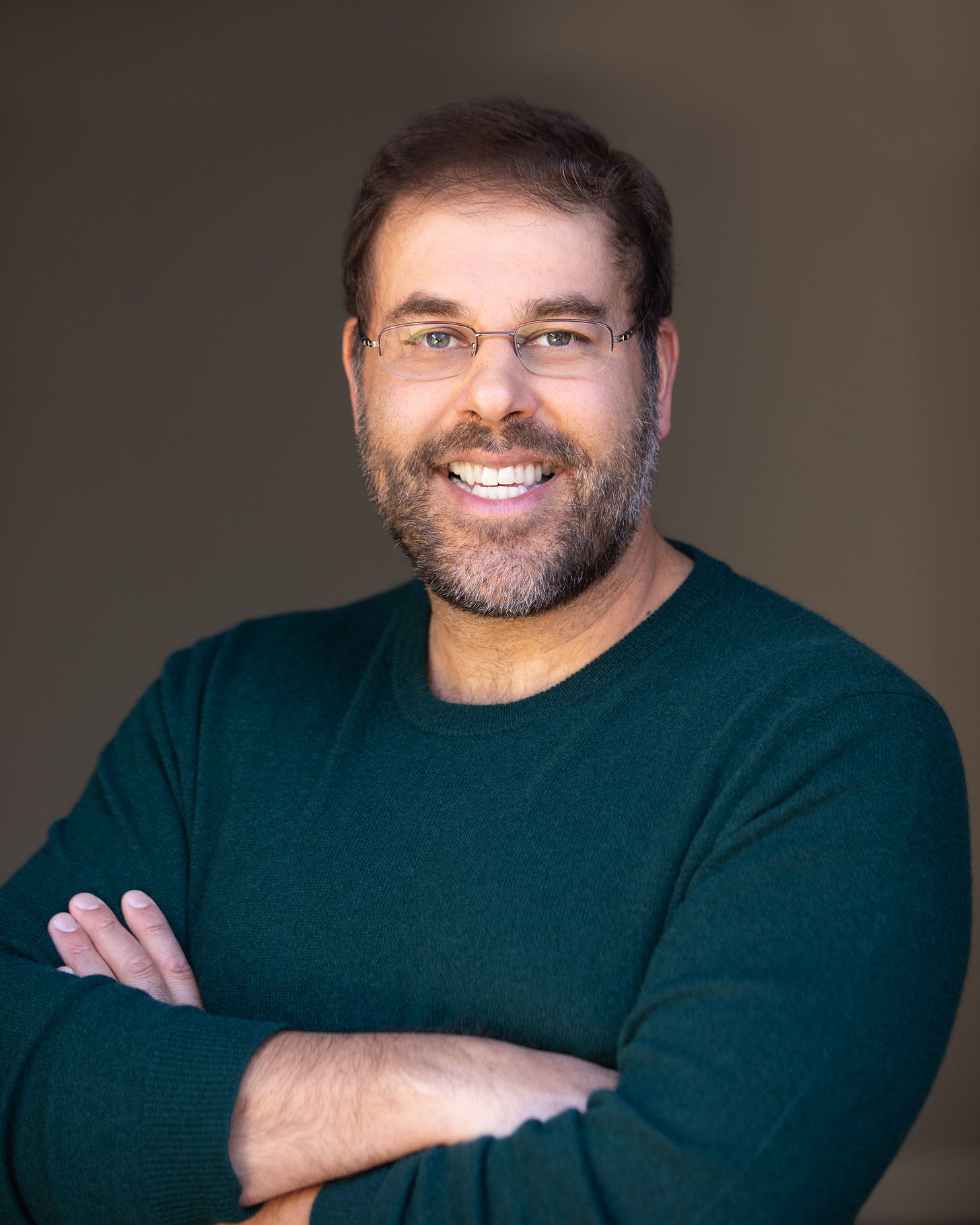The Summer of Our Discontent
In a season of chaos and fear, democracy depends not on retreat but on everyday truth, dignity, and courage lived out by ordinary citizens across a fraying republic.
By Jeremi Suri
Summer began with a series of strong political storms:
Protests and U.S. military deployments to Los Angeles;
The murder of two elected officials in Minnesota;
Bombings, assassinations, and a possible wider war in Iran;
Another U.S. tariff war with Canada;
Proposals to replace Medicaid and the Affordable Care Act with tax cuts for the rich;
The nomination of a Democratic Socialist as mayor of New York;
The forced resignation of the highly regarded president of the University of Virginia;
Supreme Court limits on nationwide injunctions against illegal executive orders.
The national gloom is undeniable. Polling shows that both Democrats and Republicans are pessimistic about the future of the country. People are more unhappy and fearful than they were before our last election, seven months ago. The country is clearly going in the wrong direction.
This is a very difficult time for millions of people. Some face uncertainty about their jobs, their rights, even their residence in the United States. Some Americans have reason to fear for their continued access to health care, shelter, and food. Even the most privileged citizens are pessimistic about the quality of their lives in a country where the rule of law, human decency, and basic democratic procedures are often ignored. The long hot days of the coming summer feel ominous. A bigger storm is brewing…
What can we do? We can try to hide away and hope the bad weather will pass. That seems unlikely to do anything but add to our vulnerabilities. We can go out into the streets, shout, and resist where possible. That is necessary, but clearly insufficient. Resistance also runs the risk of alienating people and giving adversaries the opportunity to summon additional “emergency” powers.
Democracy operates in the space between passivity and resistance. Self-governance requires much more than fear and anger. Citizens must care about the quality of their society. They must take action in their daily lives to support the values they embrace and discredit the behavior that they abhor. Lamentations and complaints are not nearly enough. Democracy is about everyday activities, even in the heat of summer.
What does this mean in practice? Our personal words and behaviors matter more than ever. We must act with the humanity, integrity, and kindness so obviously absent from our leaders. We must show that we care about the strangers around us, that they add immeasurably to our communities, and that we value the diversity and creativity that they bring. In speaking and acting this way, we must criticize those who refuse or obfuscate or lie. Speaking truth to power means showing the power of truth – how it continues to rise above the accumulated horrors promoted by the cruel and hypocritical.
Public evidence of humanity, integrity, and kindness from fellow citizens is enormously powerful. We know as historians that societies have a civic culture that builds from the bottom up, a civic culture that can provide an enduring counterpart to political destruction. This is the story of the vibrant cultures that survived a century of Jim Crow in many Southern states and a near-century of communism in countries like Czechoslovakia, Poland, Hungary, and East Germany. Living truth does more than resist lies; it offers an alternative that can bring people together and focus their attention in their discontent. Rather than arguing over labels or particular policies, we can assemble around some core beliefs and practices in how we treat one another, and how we don’t.
Czech playwright and later President Vaclav Havel famously wrote about the “power of the powerless.” We are not really powerless, but we are made to feel that way in the face of so much cruelty and aggression. We are confused by lies and propaganda. We are made to feel that we do not matter, that we can only lose.
Havel reminded us that power comes from using our voices and bodies to stand by the truth and expose the manipulation: “When I speak of living within the truth,” Havel wrote, “I naturally do not have in mind only products of conceptual thought, such as a protest or a letter written by a group of intellectuals. It can be any means by which a person or a group revolts against manipulation.”
That is the source of our salvation today. Unlike the young Havel, we live in a society with many avenues for expression. We must use our core freedoms to protect the others that are under siege. We must continue to untangle lies, to act from our values, and to encourage others with our words and our behavior. We protect the truth by living the truth; we inspire other truth-seekers by showing that it is possible and worthwhile.
Our summer of discontent has only just begun. The authoritarians hope we will give up or further divide ourselves in extremes. We cannot let that happen. We will not let that happen.
Our summer of discontent is a reminder of our dependence on our values for democracy to survive. Our values are not partisan. Treating people with dignity, following the rule of law, and defending the pursuit of knowledge – those are not Democratic or Republican positions. Those are core truths. More than ever, we must live them in our current cauldron of conflict.
As the anger among Americans deepens, the limits of political posturing by Donald Trump and others will be exposed. This is the time for truth to win out, for the values we still share to look much more attractive than the empty rhetoric of the liars who are sending us into more turmoil. Truth is on the side of order.
What the liars hate, we can defend:
all the clouds that lour’d upon our house
In the deep bosom of the ocean buried.
Now are our brows bound with victorious wreaths,
Our bruisèd arms hung up for monuments,
Our stern alarums changed to merry meetings,
Our dreadful marches to delightful measures.
Shakespeare’s Richard III showed the perils of lies, but also the possibilities of truth. Living truth every day is more necessary and powerful than ever before. It is a form of humanistic transcendence – much more than just resistance. There is no excuse to allow ourselves anything less.
The truth will win if we are willing to live it.
Also see in:
German, Turkish, Chinese, Spanish
Jeremi Suri holds the Mack Brown Distinguished Chair for Leadership in Global Affairs at the University of Texas at Austin. He is a professor in the University's Department of History and the LBJ School of Public Affairs. Professor Suri is the author and editor of eleven books on politics and foreign policy, most recently: Civil War By Other Means: America’s Long and Unfinished Fight for Democracy. His other books include: The Impossible Presidency: The Rise and Fall of America’s Highest Office; Liberty’s Surest Guardian: American Nation-Building from the Founders to Obama; Henry Kissinger and the American Century; and Power and Protest: Global Revolution and the Rise of Détente. His writings appear in the New York Times, Washington Post, Wall Street Journal, CNN.com, Atlantic, Newsweek, Time, Wired, Foreign Affairs, Foreign Policy, and other media. Professor Suri is a popular public lecturer and comments frequently on radio and television news. His writing and teaching have received numerous prizes, including the President’s Associates Teaching Excellence Award from the University of Texas and the Pro Bene Meritis Award for Contributions to the Liberal Arts. Professor Suri hosts a weekly podcast, “This is Democracy.”







Thanks. I needed this today. Hope never dies!💪🩷
Let's heed your call, and scream from the rooftops.